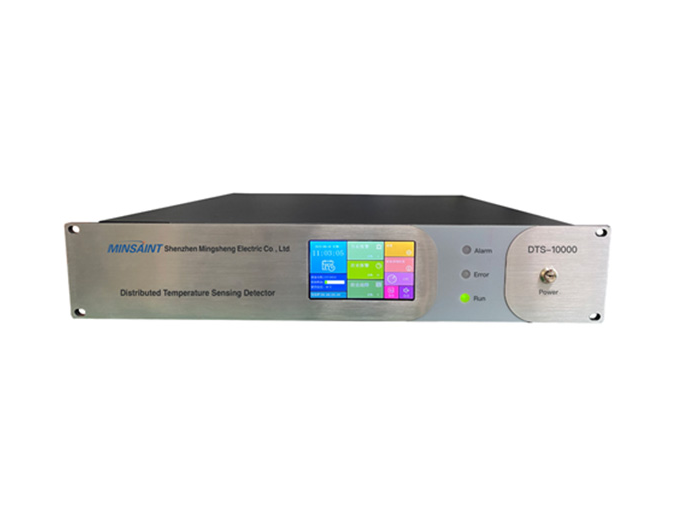In the ever-evolving landscape of automotive engineering, the quest for improved fuel efficiency, reduced emissions, and enhanced performance has led to the widespread adoption of advanced technologies. Among these innovations, Gasoline Direct Injection (GDI) stands out as a transformative solution that addresses the demands of modern engines. This article delves into the multifaceted advantages of GDI technology, exploring its implications for performance, efficiency, and environmental sustainability.
Understanding GDI Technology
Gasoline Direct Injection is a fuel delivery system that injects gasoline directly into the combustion chamber of an engine, as opposed to the traditional port fuel injection method, which delivers fuel into the intake manifold. This fundamental shift in fuel delivery offers several advantages that significantly enhance engine performance and efficiency.
- Enhanced Fuel Efficiency
One of the most compelling advantages of GDI technology is its ability to improve fuel efficiency. By injecting fuel directly into the combustion chamber, GDI systems can achieve a more precise air-fuel mixture. This precision allows for better combustion control, leading to a more complete burn of the fuel. As a result, GDI engines can operate at higher compression ratios, which translates to increased thermal efficiency. Studies have shown that GDI engines can achieve fuel economy improvements of up to 15-20% compared to traditional port fuel injection systems.
- Increased Power Output
GDI technology not only enhances fuel efficiency but also boosts power output. The direct injection of fuel allows for a more aggressive combustion process, enabling the engine to produce more power without increasing engine size or weight. This is particularly beneficial for performance-oriented vehicles, where power-to-weight ratios are crucial. GDI engines can deliver higher horsepower and torque figures, providing drivers with a more exhilarating driving experience.
- Reduced Emissions
In an era where environmental concerns are paramount, GDI technology plays a pivotal role in reducing harmful emissions. The improved combustion efficiency of GDI engines results in lower levels of unburned hydrocarbons and carbon monoxide. Additionally, GDI systems can be designed to operate in lean burn conditions, further minimizing nitrogen oxide (NOx) emissions. As a result, vehicles equipped with GDI technology often meet stringent emissions regulations, making them more environmentally friendly options.
- Better Cold Start Performance
Cold start performance is a critical factor in engine efficiency and emissions. Traditional port fuel injection systems can struggle with cold starts, leading to incomplete combustion and increased emissions. GDI technology addresses this issue by allowing for more effective fuel atomization and combustion during cold starts. This capability not only reduces emissions during the initial moments of engine operation but also enhances overall engine responsiveness.
- Compatibility with Alternative Fuels
As the automotive industry shifts towards alternative fuels, GDI technology offers compatibility with various fuel types, including ethanol blends and biofuels. This versatility allows manufacturers to develop engines that can operate efficiently on renewable fuels, further contributing to sustainability efforts. The adaptability of GDI systems positions them as a viable option for future fuel innovations.
- Advanced Engine Management Systems
GDI engines are often paired with sophisticated engine management systems that optimize performance and efficiency. These systems utilize advanced sensors and algorithms to monitor various parameters, such as air intake, fuel delivery, and combustion conditions. By continuously adjusting these variables in real-time, GDI technology ensures that the engine operates at peak efficiency under varying driving conditions. This level of precision not only enhances performance but also contributes to long-term engine health.
Conclusion
Gasoline Direct Injection technology represents a significant advancement in automotive engineering, offering a plethora of advantages that cater to the demands of modern drivers and environmental standards. From enhanced fuel efficiency and increased power output to reduced emissions and improved cold start performance, GDI systems are reshaping the future of internal combustion engines. As the automotive industry continues to innovate, GDI technology will undoubtedly play a crucial role in driving the transition towards more efficient and sustainable vehicles. Embracing GDI technology is not just a choice for manufacturers; it is a commitment to a cleaner, more efficient automotive future.






